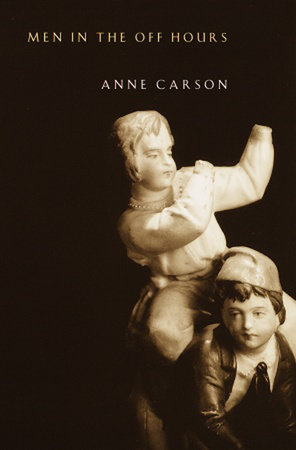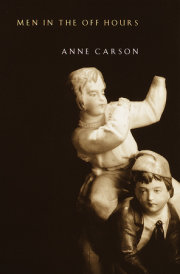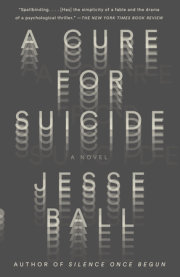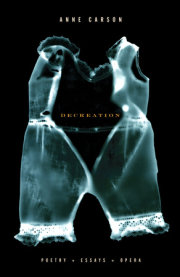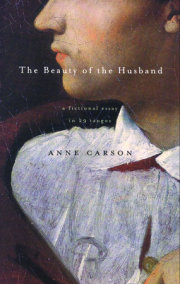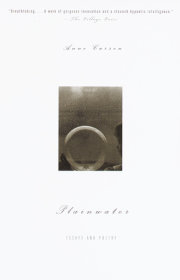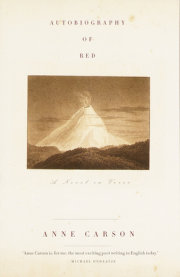TV Men: LazarusDIRECTOR OF PHOTOGRAPHY: VOICEOVER
Yes I admit a degree of unease about my
motives in making
this documentary.
Mere prurience of a kind that is all too common nowadays
in public catastrophes. I was listening
to a peace negotiator for the Balkans talk
about his vocation
on the radio the other day.
"We drove down through this wasteland and I didn't know
much about the area but I was
fascinated by the horrors of it. I had never
seen a thing like this.
I videotaped it.
Then sent a 13-page memo to the UN with my suggestions."
This person was a member
of the International Rescue Committee,
not a man of TV.
But you can see
how the pull is irresistible. The pull to handle horrors
and to have a theory of them.
But now I see my assistant producer waving her arms
at me to get
on with the script.
The name Lazarus is an abbreviated form of Hebrew 'El'azar,
meaning "God has helped."
I have long been interested in those whom God has helped.
It seems often to be the case,
e.g. with saints or martyrs,
that God helps them to far more suffering than they would have
without God's help. But then you get
someone like Lazarus, a man of no
particular importance,
on whom God bestows
the ultimate benevolence, without explanation, then abandons
him again to his nonentity.
We are left wondering, Why Lazarus?
My theory is
God wants us to wonder this.
After all, if there were some quality that Lazarus possessed,
some criterion of excellence
by which he was chosen to be called
back
from death,
then we would all start competing to achieve this.
But if
God's gift is simply random, well
for one thing
it makes a
more interesting TV show. God's choice can be seen emerging
from the dark side of reason
like a new planet. No use being historical
about this planet,
it is just an imitation.
As Lazarus is an imitation of Christ. As TV is an imitation of
Lazarus. As you and I are an imitation of
TV. Already you notice that
although I am merely
a director of photography,
I have grasped certain fundamental notions first advanced by Plato,
e.g. that our reality is just a TV set
inside a TV set inside a TV set, with nobody watching
but Sokrates,
who changed
the channel in 399 B.C. But my bond with Lazarus goes deeper, indeed
nausea overtakes me when faced with
the prospect of something simply beginning all over again.
Each time I have to
raise my slate and say
"Take 12!" or "Take 13!" and then "Take 14!"
I cannot restrain a shudder.
Repetition is horrible. Poor Lazarus cannot have known
he was an
imitation Christ,
but who can doubt he realized, soon after being ripped out of his
warm little bed in the ground,
his own epoch of repetition just beginning.
Lazarus Take 2!
Poor drop.
As a bit of salt falls back down the funnel. Or maybe my pity
is misplaced. Some people think Lazarus lucky,
like Samuel Beckett who calls him "Happy Larry" or Rilke
who speaks of
that moment in a game
when "the pure too-little flips over into the empty too-much."
Well I am now explaining why my documentary
focuses entirely on this moment, the flip-over moment.
Before and after
don't interest me.
You won't be seeing any clips from home videos of Lazarus
in short pants racing his sisters up a hill.
No footage of Mary and Martha side by side on the sofa
discussing how they manage
at home
with a dead one sitting down to dinner. No panel of experts
debating who was really the victim here.
Our sequence begins and ends with that moment of complete
innocence
and sport--
when Lazarus licks the first drop of afterlife off the nipple
of his own old death.
I put tiny microphones all over the ground
to pick up
the magic
of the vermin in his ten fingers and I stand back to wait
for the miracle.
. All rights reserved. No part of this excerpt may be reproduced or reprinted without permission in writing from the publisher.

